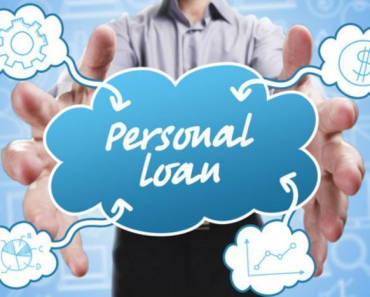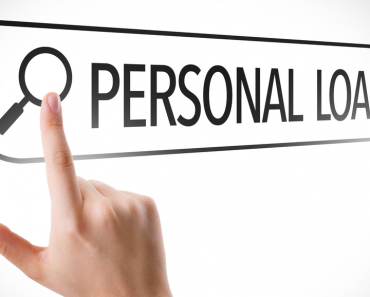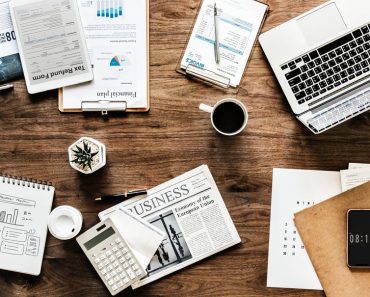Some people think that credit cards are bad or evil. The truth is a credit card is neutral in nature.
A credit card can be a great tool or bad instrument depending on the person using it.
Good if you use your card wisely.

Bad if you incur debts and get into financial stress.
Here are some easy to apply tips on how you can use your credit card wisely.
Don’t Carry a Balance
One of the purposes of having a credit card is convenience.
The holy grail of credit card use is never to have a balance.
As long as you pay your credit card balance on time and in full every month, you will never encounter interest payments or fees.
An added benefit would be earning interest on the cash you held onto from the time you made your purchase up to the time your statement is due, which is 50 days of interest gains.
Monitor your spending by going online and access your current account information. You can decide to set up an automatic payment plan to make sure that you never miss a deadline.
Keep a Clean Card
If you are not able to pay your balance in full every month, try to reduce your total debt.
Take advantage of the promos and perks that credit cards have to offer but don’t increase your debt load.
If you only have one credit card and you are already in the red, you should focus on paying that card off before opening any new cards.
If you have multiple cards, there is a way to reduce your debt without getting interest on new purchases.
To avoid interest, the key is to keep one card “clean” by paying its balance in full monthly. You get to avoid paying interest and fees when you pay off your card each billing cycle.
Avoid charging new purchases to cards that are already carrying a balance. You incur interest on all new charges if you purchase with a card that carries a balance.
Make sure you pay the balance on the “clean” card every month so that you can use it for your purchases because you won’t incur any interest payments.
Make sure that you never overspend on the “clean” card than you can pay in full while you are also paying off other cards at more than the minimum balance.
Discipline your spending and keep away from non-essential spending while you are still in debt with your card or cards.
Make purchases by using cash or debit card while you are paying off your credit card debts.
Know your Closing Date
If you pay your credit card balance in full every month it’s like getting a free loan from your bank.
From the time you purchase up to the time your payment is due you are not incurring interest. Federal Law requires banks to offer a 21 day grace period from the date your credit card statement closes and the date your bill is due.
If you buy something a day before your cycle closes, you get 21 days to pay for it before incurring interest.
Complete a transaction a day after your cycle closes, and you will have an added month until the next cycle closes plus another 21 days to pay off your credit card balance.
When you near the end of your cycle, you should hold off major purchases a few days. By doing this, you gain an additional month of time until your payment is due.
Like any other business, credit card companies want to make a profit. The problem is there are tactics they use that involve rules that take advantage of customers.
Learn these rules and don’t use your cards blindly. Be wary about added fees and make sure you pay off your balance in full each month.
Also learn the perks being offered like points, rewards and zero interest payment schemes. You can take advantage of these offers as they are part of what credit cards should be as valuable financial tools.






